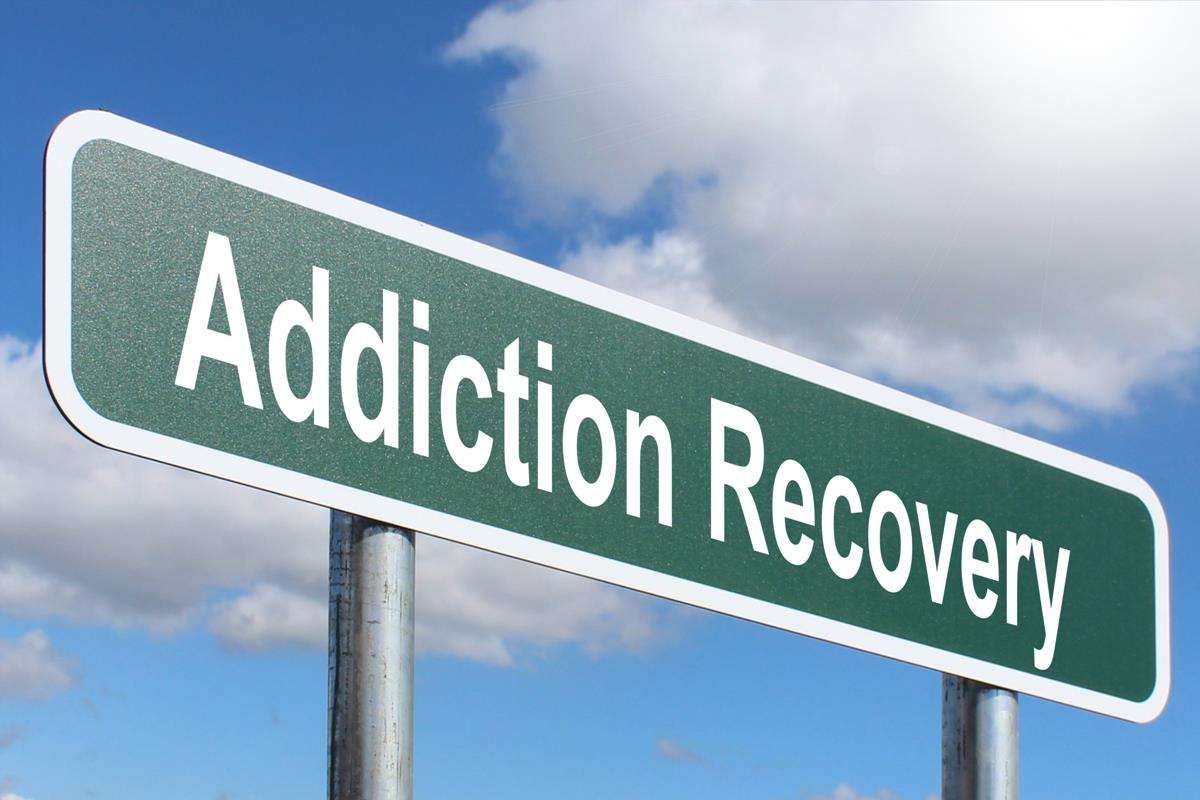You have probably heard the saying, “the best defense is a good offense,” — which originated from the military and wartime strategy. The saying applies well to those of us who are in recovery, battling addiction. Being proactive, or having a good offense, helps those in recovery stay in the game, which requires action and daily maintenance. When relapse triggers occur, if you have been practicing recovery principles, you will be better able to face those triggers and maintain your sobriety for another day.
First, it is important to understand when you are early in your sobriety that relapse is sometimes a part of recovery, and it does not signal failure. Picking yourself up and coming back from a relapse is a sign that you have a sincere desire to stay clean and sober, and although you may experience feelings of shame and guilt associated with relapse, don’t dwell on those feelings. Instead, work through the relapse with your support group, counselor and others who are involved in your sobriety. The relapse can be a learning experience and strengthen the recovery moving forward.
Relapse Triggers — How to Recognize Your Triggers
A common topic in treatment groups, relapse triggers are the people, places and things that are associated with your using. An alcoholic returning to a bar, a heroin addict returning to a using friend’s house, a gambling addict going to a casino — these are all examples of relapse triggers.
So, awareness of your triggers begins by listing things that are associated with your using behavior.
The list may be longer for some than for others, but everyone has at least a few. An alcoholic may have to avoid bars, at least until she builds up longer-term sobriety and feels more confident. Some may never want to return to a bar.
Get help: Drug Rehab Orange County
Another aspect of triggers, besides people, places and things, is time. Be aware of times — also known as emotional triggers — that you may be more susceptible to relapse.
Triggers may have more effect if you are experiencing emotional issues. And, emotions themselves can be triggers. Recovering addicts need to be aware of the times, situations and emotions where you may be more susceptible — like holidays, seasons, or anniversaries — and come up with a plan to either avoid those triggers or get support. Avoiding the beer aisle at the grocery store after having an argument with a girlfriend, for example, could be an example of avoiding a relapse trigger at a weak moment.
Addiction Relapse Prevention
There is another saying that applies to recovery: Relapse begins long before the addict picks up. In other words, it is not unusual to contemplate or even subconsciously move toward picking up days or weeks before your relapse actually occurs. Therefore, the goal of relapse prevention is to recognize warning signs before the relapse happens so you can take action to avert what could certainly result in harmful consequences.
Recognizing and understanding triggers is one important part of relapse prevention, but if a trigger is affecting you during your recovery, that could be a sign that there is a weakness in your recovery program. So get back to the best-defense-is-a-good-offense philosophy: It is critical in recovery to be working on things that you learn in treatment and self-help groups.
How to avoid relapse might start with these five basic principles laid out in “Relapse Prevention and the Five Rules of Recovery”:
- Change your life
- Be completely honest
- Ask for help
- Practice self-care
- Don’t bend the rules
Relapse prevention groups can help recovering addicts formulate tactics to deal with triggers or times when you simply feel like using. Tactics like calling your sponsor, going to a meeting, eating a healthy meal, visiting a friend in recovery, and exercising, are all examples of ways to take thoughts off using and improve your mood. If you are working a spiritual program, consider prayer or meditation. Yoga has proved useful for many in recovery and it helps to strengthen the mind and body as well as spirituality.
Learning to recognize signs is one of the goals of relapse prevention groups. The signs may be somewhat different for every individual, and everyone needs to consider their using history and what has led to them picking up in the past. This can be useful for designing a successful relapse prevention plan.
What to Do AFTER Relapse
A lot has been said about relapse prevention, but what to do in the event of a relapse also is important to discuss. Relapse does occur for many in early recovery, and the idea should be to halt the relapse as quickly as possible and get back into a safe recovery environment. For some this may mean returning to treatment or outpatient groups. There is no shame in relapsing, and treatment and self-help meetings are always open to those who slip up on their recovery journey.
For many who attend 12-step meetings, there are some things that are suggested they do on a daily basis to not only maintain sobriety but also to turn to when and if relapse happens.
- Be aware of BHALT — emotions that trigger relapse, such as boredom, hunger, anger, loneliness and tiredness.
- Follow a schedule — lay out your daily routine and commit to it. Start your day with something positive — meditation, prayer, a daily reading or gratitude ritual. Partner with a sponsor or someone else to hold each other accountable.
- Create a community of support — family and friends are important to your recovery, but so is your recovery community of other people who are in recovery. Stay active.
- Let go and let God — turn your worries over to your higher power, however you define it. Practice letting go of what you cannot control.
- Find a higher purpose — you don’t have to be “religious” to find a higher purpose, which for some can be as simple as spending time doing things you enjoy, helping others, or joining a group with shared interests.
Most importantly, do not let shame take over if you relapse. It is a normal process of recovery, and it is not a failure.
Contact Cornerstone of Southern California for more information on addiction, recovery, and relapse prevention and how to address a relapse.






